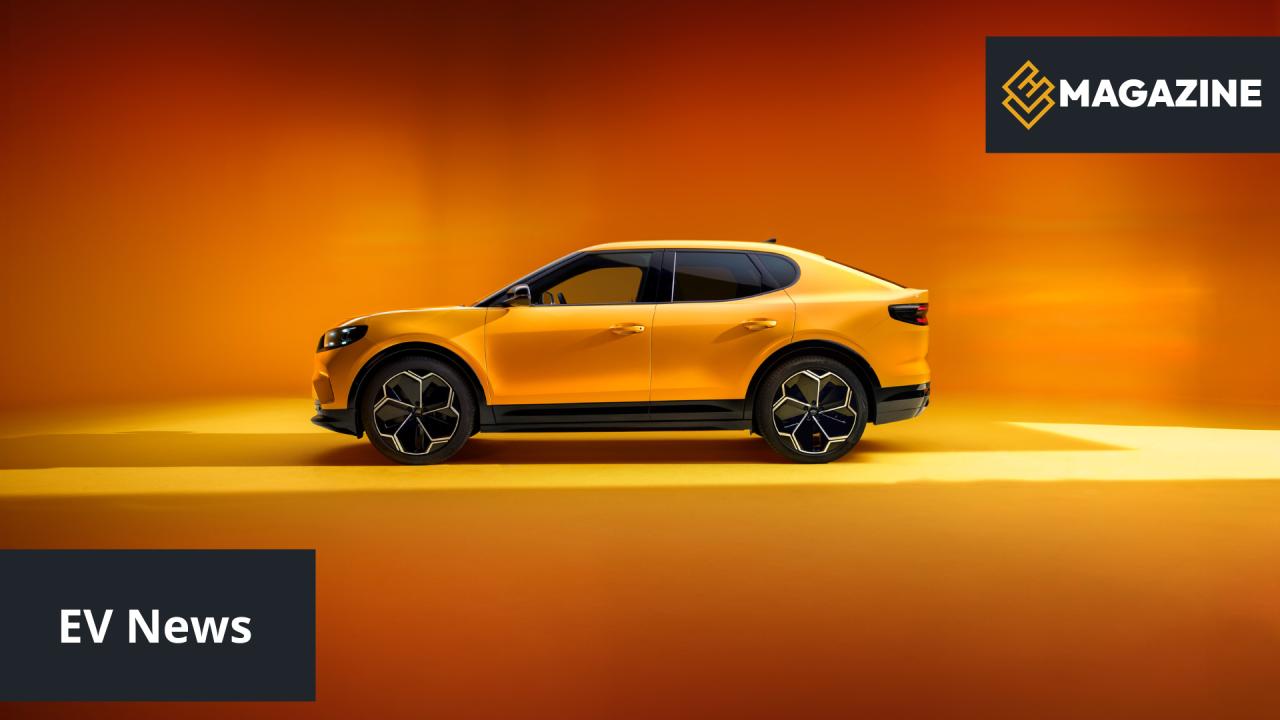The decision stems from a dramatic shift in consumer preference towards SUVs and crossovers, coupled with Ford's strategic pivot to an all-electric future. While the assembly lines at the Saarlouis plant in Germany will fall silent, the Focus name may not disappear forever. Instead, it is poised for a significant transformation, with strong indications that it will be reborn as an all-electric crossover.
A Storied History of Driving Pleasure
Launched in 1998 as the successor to the long-running Escort, the original Ford Focus was a breath of fresh air. Its sharp "New Edge" design set it apart, but its true masterpiece was hidden from view. The sophisticated "Control Blade" independent rear suspension delivered a combination of ride comfort and handling agility that was unheard of in its class. It immediately set a new standard for how a family hatchback should drive, a quality that earned it the prestigious European Car of the Year award in 1999.
Subsequent generations built upon this successful formula. The second-generation model, introduced in 2004, grew in size and refinement, sharing its platform with Volvo and Mazda models and introducing the thrilling five-cylinder Focus ST. The third generation from 2011 adopted a more global "Kinetic Design" philosophy and even spawned the brand's first fully electric version, the Focus Electric.
Throughout its life, the Focus has been celebrated for its performance variants, the ST and the formidable, all-wheel-drive RS, which brought supercar-like performance to a wider audience and cemented the model's reputation among driving enthusiasts.
An Electric Horizon: A Crossover in Focus's Clothing?
The end of the current Focus is a direct result of Ford's accelerating electrification strategy in Europe. The company is investing heavily in a new generation of electric vehicles, many of which are taking the form of crossovers and SUVs to meet market demand. A clear example of this is Ford's partnership with Volkswagen, which has allowed it to utilise the VW Group's MEB electric vehicle platform for its new electric Explorer and the recently revived Capri.
It is widely expected that a future vehicle carrying the Focus name will follow this path. Senior Ford executives have noted the brand recognition the name holds, making it a valuable asset for a new mass-market EV. This future model would not be a direct replacement for the low-slung hatchback but a mid-size crossover, designed to slot neatly into Ford's electric line-up between the smaller Puma Gen-E and the larger Explorer EV.
While some enthusiasts will mourn the loss of the agile hatchback, a Focus-badged electric crossover would represent a pragmatic adaptation to a new automotive landscape. It would leverage a name trusted by millions of Europeans and apply it to the vehicle format they are now choosing to buy, all powered by a zero-emission drivetrain.
The final Ford Focus will roll off the line in 2025, but if the signs are correct, its spirit may well live on, albeit in a very different form for a very different era.

